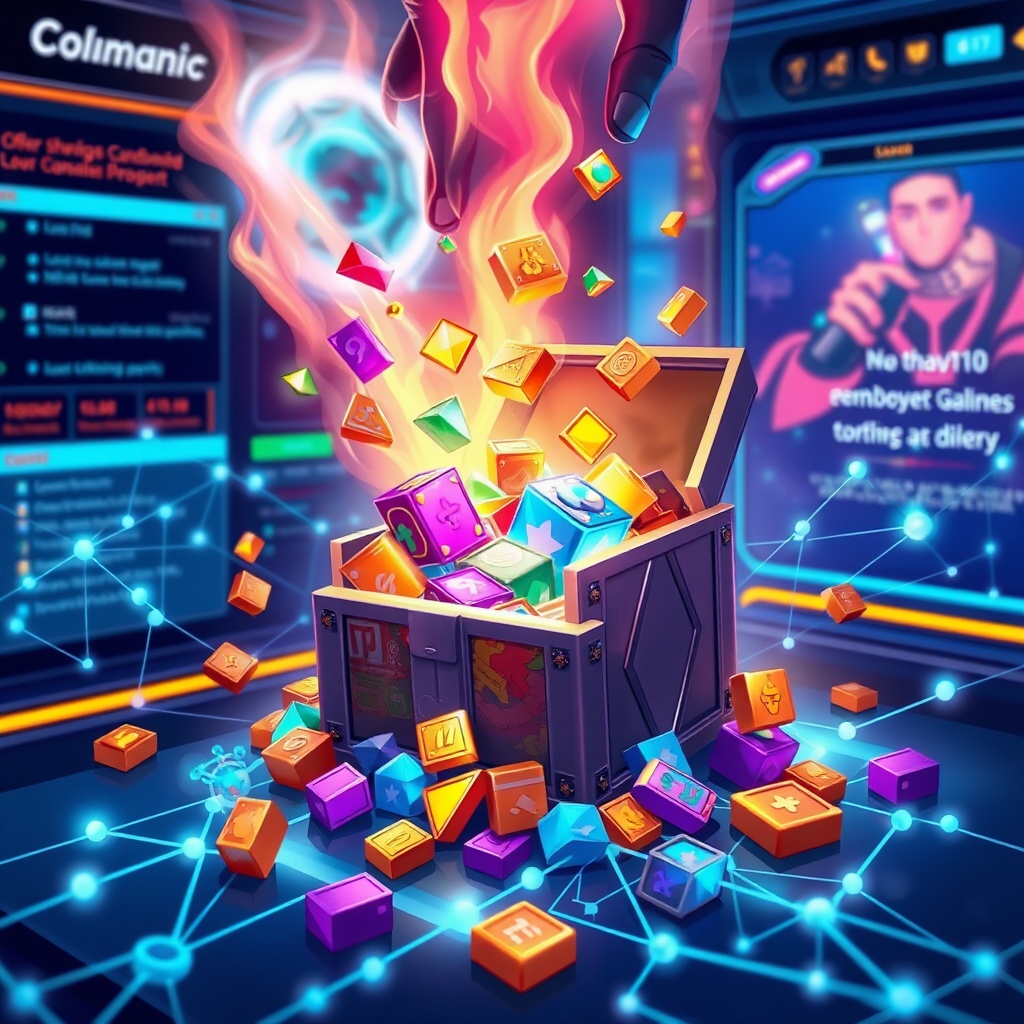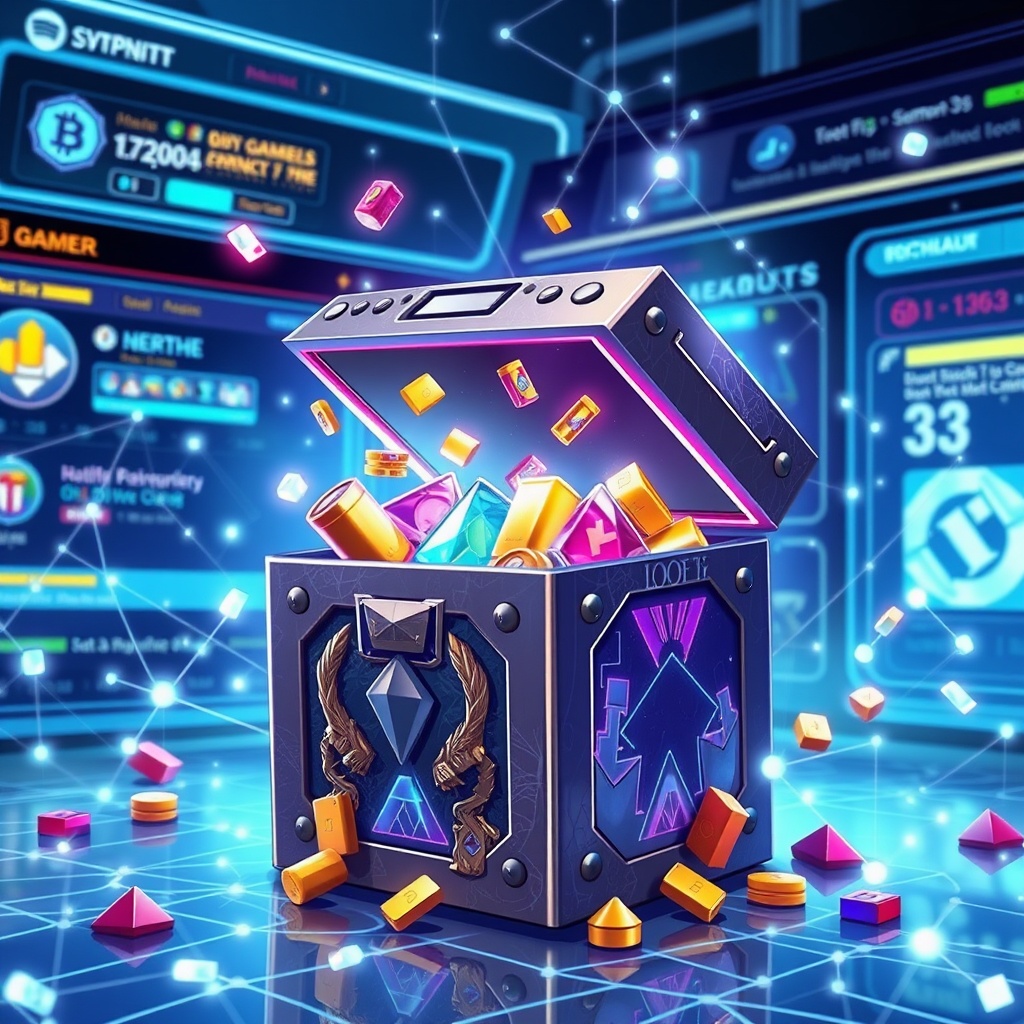The gaming industry has seen a significant rise in the popularity of loot box and gacha systems, both of which offer players the chance to obtain in-game items through randomized rewards. However, these systems often face criticism for their lack of transparency and potential to exploit players financially. As the debate surrounding these mechanics continues to evolve, blockchain technology emerges as a viable solution to enhance transparency and trust in these systems.

Blockchain, a decentralized ledger technology, allows for secure and transparent transactions that can be audited by anyone. By integrating blockchain into loot boxes and gacha systems, developers can ensure that players have access to verifiable data about the odds of obtaining specific items, thereby fostering a fairer gaming environment.

Incorporating blockchain technology into loot box and gacha systems presents numerous advantages that can transform the gaming landscape. By leveraging the inherent features of blockchain, developers can address common concerns related to fairness and transparency. Here are some key benefits:
- Immutable Records: Each transaction related to loot boxes and gacha draws can be recorded on the blockchain, creating an unchangeable history that players can access.
- Provable Fairness: Players can verify the random number generation process used to determine item distribution, ensuring that odds are fair and consistent.
- Decentralized Ownership: Players can truly own their in-game items as NFTs (Non-Fungible Tokens), allowing them to trade or sell assets freely within the gaming ecosystem.
- Enhanced Trust: By providing transparent data, developers can build trust with their player base, reducing the stigma associated with loot boxes and gacha systems.
To fully appreciate the transformative impact of blockchain on loot box and gacha systems, it’s essential to compare traditional implementations with blockchain-enabled alternatives. This comparison highlights the key differences in transparency and player experience.
| Feature | Traditional Systems | Blockchain-Enabled Systems |
|---|---|---|
| Transparency | Opaque odds and item distribution | Verifiable odds and open access to transaction history |
| Player Control | Limited ownership of in-game items | True ownership through NFTs |
| Trustworthiness | Susceptible to manipulation and fraud | Immutable and secure transactions |
As seen in the table above, the integration of blockchain fundamentally alters the landscape of loot boxes and gacha systems, making them more transparent and trustworthy for players. This shift not only benefits gamers but also cultivates a more sustainable and responsible gaming environment.





